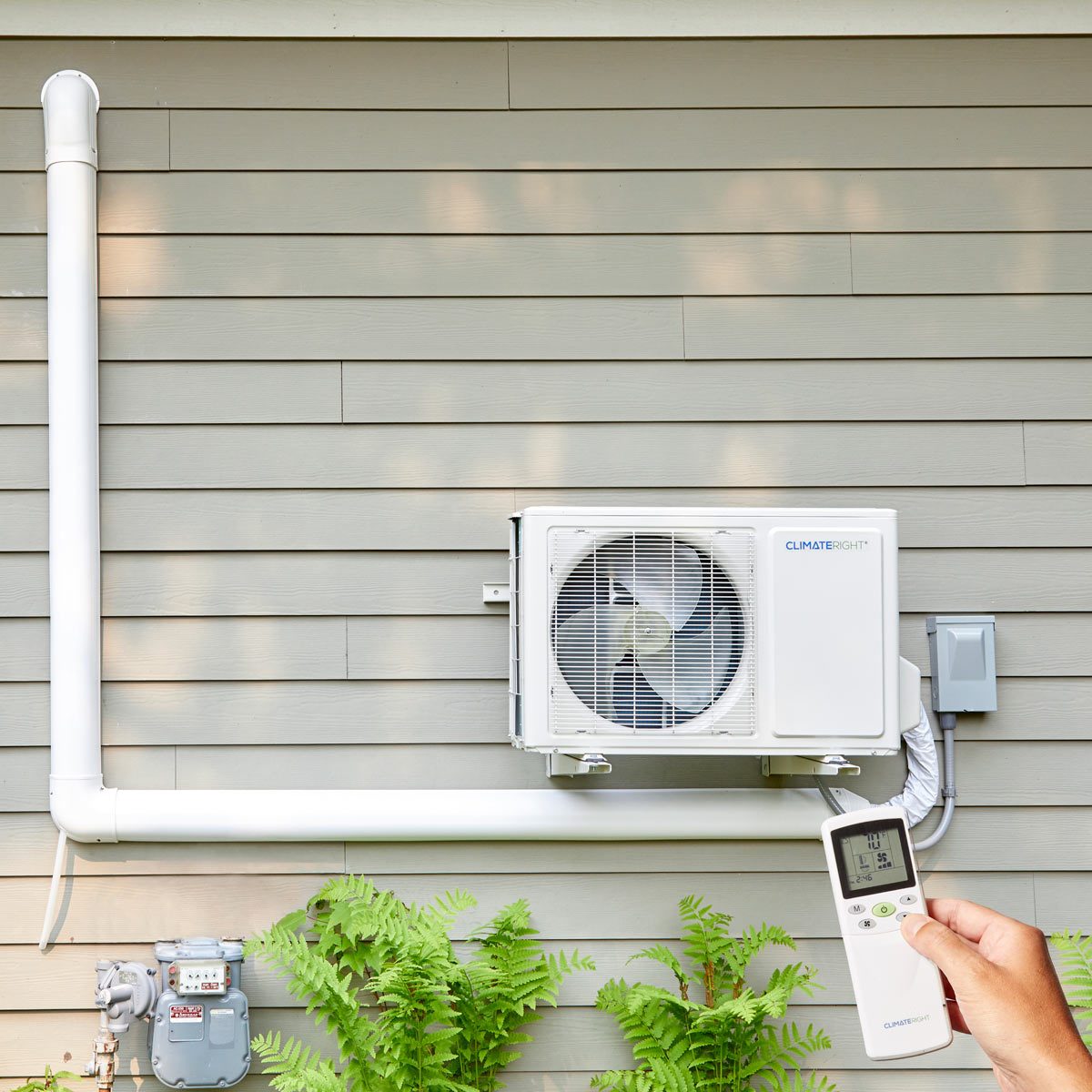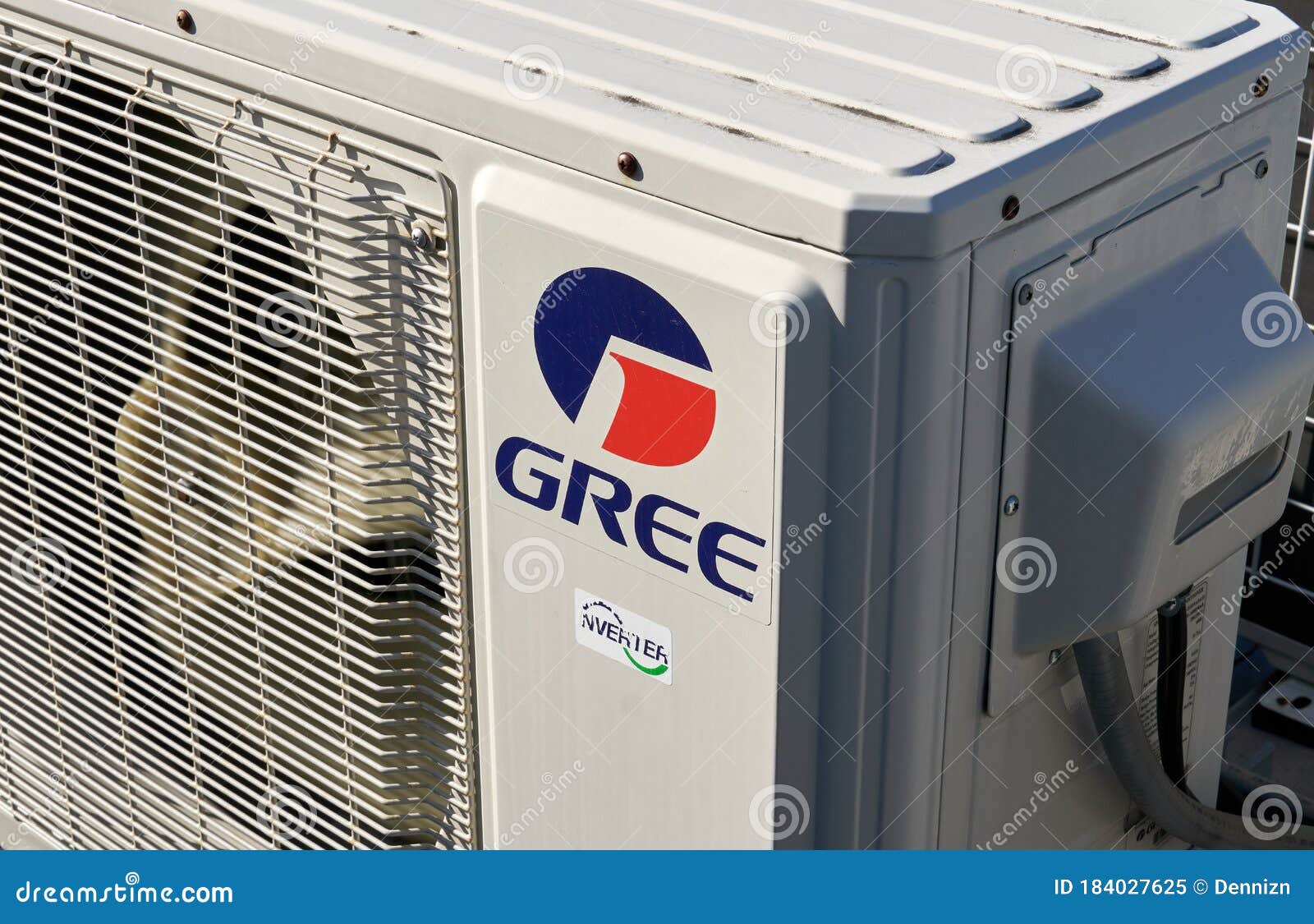Did you know that around 75% of house owners experience a/c sound concerns at some point? When your air conditioner starts making strange noises, it can be quite disruptive to your peace and comfort.
From rattling and humming to screeching and banging, these sounds can indicate underlying issues that require attention. Recognizing the resource of the sound is crucial for effective repair services and guaranteeing your ac system runs successfully.
So, if you're tired of enduring bothersome AC sounds interrupting your tranquility, there are options available.

Secret Takeaways
- Normal upkeep is vital to address usual air conditioner noise sources like ductwork issues and malfunctioning electric motors.
- Address vibrating sounds by evaluating for loosened parts, maintaining follower motors, and adding vibration isolation pads.
- Squealing and banging noises can be dealt with by inspecting belts, follower blades, and compressor coils for concerns.
- Repair service a/c noise problems by performing visual evaluations, applying soundproofing techniques, and fixing for obstructions.
Common A/c Sound Sources
If your a/c system is making uncommon sounds, maybe due to among a number of common resources.
One regular culprit is concerns with the ductwork. Over time, ducts can create leaks, loosened connections, or even obstructions. These troubles can create air to stream unevenly, leading to whistling or rattling sounds. A thorough ductwork assessment by a professional can assist determine and fix these issues, restoring your system's smooth procedure.
Another typical resource of sound in air conditioning systems is a malfunctioning electric motor. The electric motor is an essential element that drives the followers and various other moving components within the system. If the electric motor is worn or harmed, it can produce grinding, squealing, or clunking noises. In such cases, electric motor replacement may be required to remove the resource of the disruption. Regular upkeep and timely electric motor replacement when required can help keep your air conditioning system running quietly and effectively.
Detecting Rattling and Buzzing Sounds
To address rattling and humming audios in your air conditioning system, begin by evaluating the elements that could be triggering these noises, such as loosened parts or worn-out elements. Vibration isolation is key in settling these problems. Check for any loose screws, bolts, or panels that might be shaking against each other during procedure. Tightening up these can frequently alleviate the rattling sounds.

Additionally, inspect the fan electric motor for any type of indications of wear and tear. Normal follower motor upkeep, such as lubrication and cleansing, can help in reducing humming audios brought on by friction or malfunction.
If the rattling continues after checking and tightening components, take into consideration adding resonance seclusion pads or places to soak up the excess resonances. air conditioner near me These pads act as a barrier between the shaking components, decreasing the sound. Remember that attending to these noises without delay can prevent further damages to your cooling system and guarantee its peak efficiency.
Attending To Screeching and Banging Noises
When dealing with screeching and banging sounds in your air conditioning system, beginning by identifying the resource of the audios via a detailed evaluation of the system's elements. Check the belt tension as well as the electric motor bearings, as loose belts or worn-out bearings can cause squealing noises. Examine the fan blade for any blockages or damages that could trigger banging noises when the fan turns. Furthermore, take a look at the compressor coil for any particles or problems that can be creating the noises.
To deal with squealing sounds connected to belt tension, readjust the stress following the maker's guidelines to make certain it's within the suggested array. If the motor bearings are the culprit, take into consideration oiling them if possible; or else, they might need to be replaced. For banging noises brought on by follower blade issues, fixing or change the damaged blades immediately. When it involves the compressor coil, cleansing it thoroughly can typically fix any noise-related issues. By dealing with these prospective sources of screeching and banging noises, you can recover your cooling system to its finest working state.
Tips for Repairing A/c Sound
When confronted with a/c sound issues, start by conducting a visual assessment of the device's parts for any visible indications of damages or wear. Seek loose components, worn-out belts, or debris that might be causing the noise. If you see any type of issues, ensure to tighten loosened elements, change damaged components, and clean out any type of debris to see if the sound boosts.
To resolve air conditioning sound issues, think about soundproofing techniques to reduce the audio transmission from the unit. Shielding the walls around the device, setting up soundproofing panels, or positioning rubber pads beneath the device can aid dampen the sound effectively.
Regular maintenance is crucial to avoid air conditioning sound. Be particular that the system is clean, moisturized, and properly maintained to decrease potential concerns. Repairing steps like examining the follower blades and electric motor for any blockages can also assist identify and fix sound problems. For small problems, DIY solutions such as tightening screws or changing components might deal with the noise without the need for professional assistance.
Ensuring Reliable Air Conditioning Procedure
Ensure your air conditioning operates successfully by scheduling routine maintenance checks and keeping the system clean and well-lubricated. Guaranteeing your cooling system operates at its best not just minimizes sound but additionally decreases power consumption. To accomplish this, execute sound reduction approaches such as placing vibration pads under the unit to dampen audio transmission and guaranteeing all parts are safely tightened. Furthermore, tidy or change air filters routinely to avoid air flow obstructions that can stress the system and boost noise degrees.
Energy usage optimization is important for efficient air conditioning procedure. Establish your thermostat to a suitable temperature level to prevent straining the device. Utilize ceiling followers to help distribute great air better, permitting you to increase the thermostat slightly without sacrificing convenience. Take into consideration installing a programmable thermostat to change temperature levels instantly when you're away. By following these methods, you can keep a comfy indoor atmosphere while minimizing power prices and sound degrees.
Regularly Asked Questions
Can Air Conditioning Noise Degrees Affect the Quality of Indoor Air?
High air conditioning sound degrees can affect interior air high quality by adding to noise pollution, which can impact your health.
To address this, think about soundproofing remedies to minimize the sound from your air conditioning device.
Exists a Connection In Between Air Conditioning Sound and Energy Efficiency?

When it involves air conditioning sound and energy effectiveness, there's certainly a correlation.
The loud noises created by your AC system can suggest ineffectiveness that result in enhanced power consumption.
By addressing and minimizing the sound pollution, you can enhance the general effectiveness of your system.
Just How Can I Decrease Cooling Noise Without Compromising the Cooling Performance?
To minimize a/c sound without compromising cooling efficiency, consider soundproofing services like acoustic insulation.
You can enhance efficiency by tuning the system for effectiveness while moistening unwanted sounds.
Attempt guaranteeing all components are appropriately mounted and maintained, and look for loose components that can be causing too much sound.
Exist Any Details Regulations or Standards Pertaining To Appropriate Noise Levels for Air Conditioning Units?
When it involves air conditioning systems, there specify laws and standards in place to assure compliance with acceptable noise levels. These standards aid receive a comfortable environment without triggering disturbances.
Regulations pertaining to noise levels for air conditioning systems differ depending upon location, yet typically concentrate on lessening audio discharges to a degree that does not interrupt daily tasks. It's important to be mindful of these standards to make sure your device meets the essential criteria.
What Are Some Long-Term Upkeep Tips to avoid A/c Sound Issues in the Future?
To prevent a/c noise problems long-term, make certain you adhere to regular maintenance. Tidy or change filters, look for loose parts, and keep the unit clean.
Consider soundproofing techniques like adding insulation around the unit. By remaining on top of upkeep and taking actions to reduce noise, you can appreciate a quieter and a lot more effective a/c system in the future.
Conclusion
Since you have determined the common resources of a/c sound and learned exactly how to diagnose and fix them, you can enjoy a quieter and more efficient cooling system.
Remember to on a regular basis look for any unusual noises and address them promptly to stop any kind of additional damage.
By looking after your AC unit, you can assure it runs efficiently and successfully for several years ahead.
